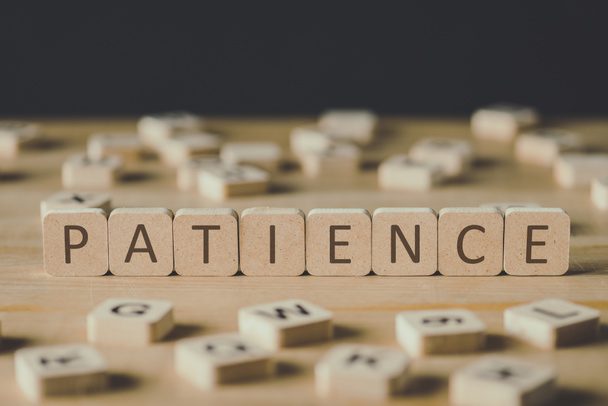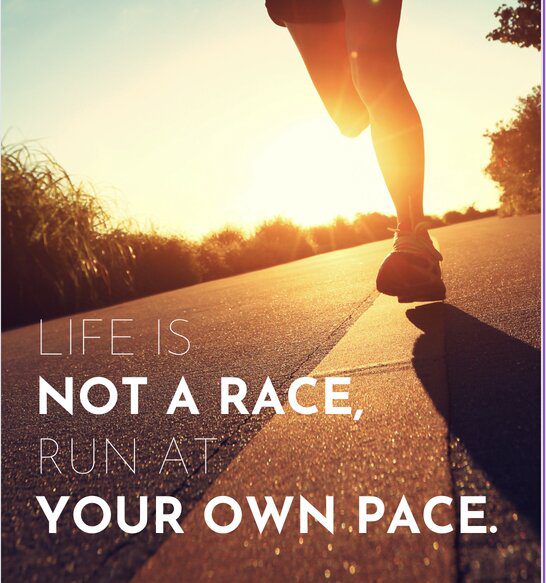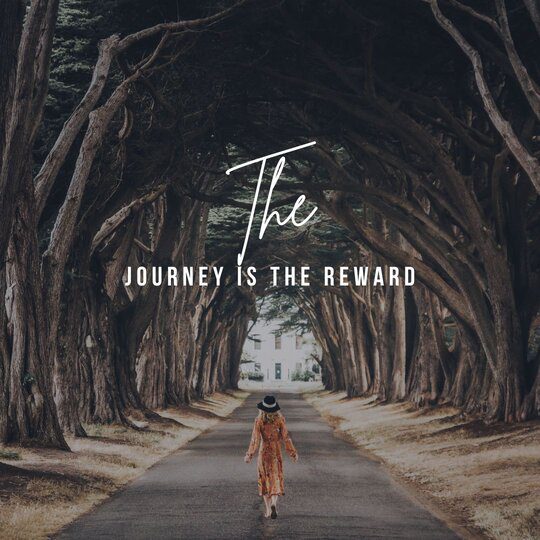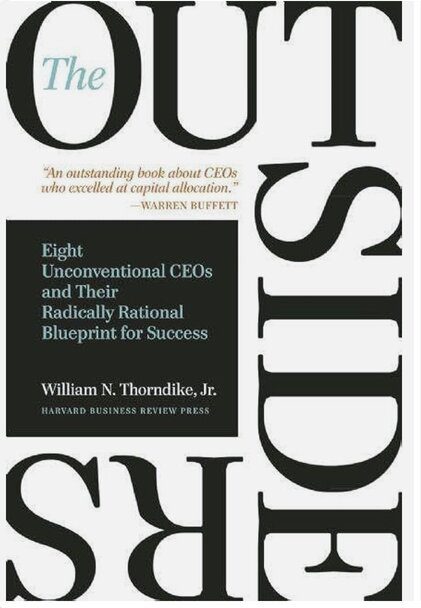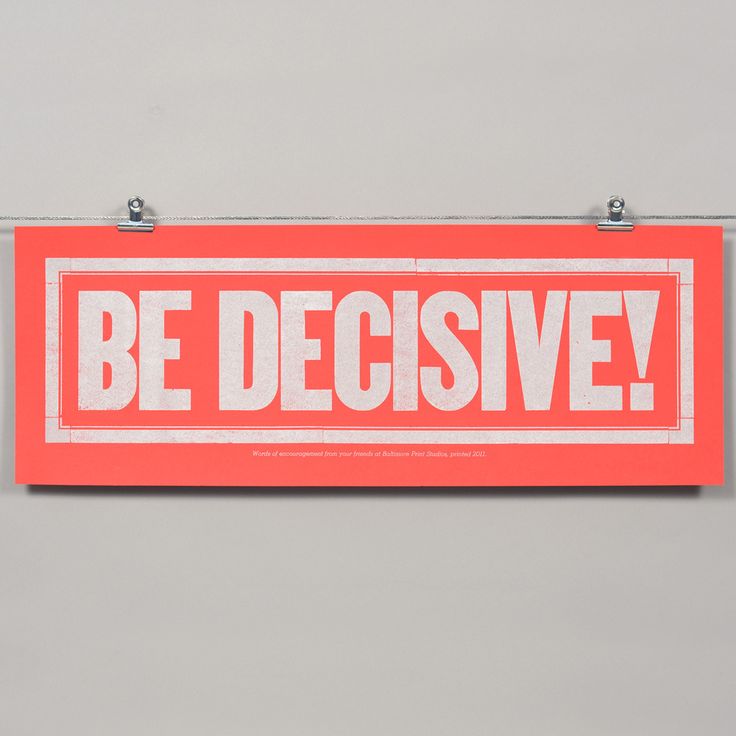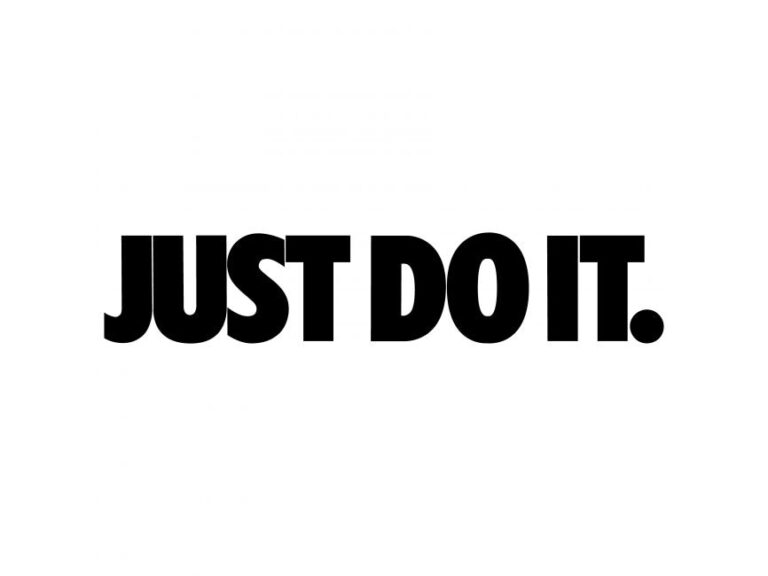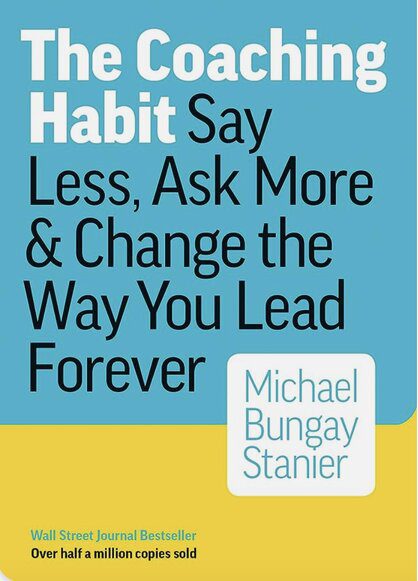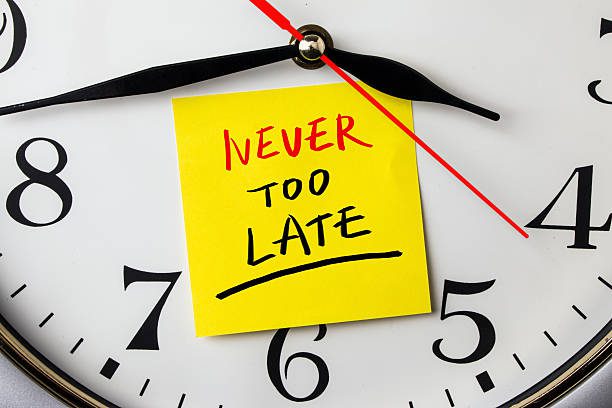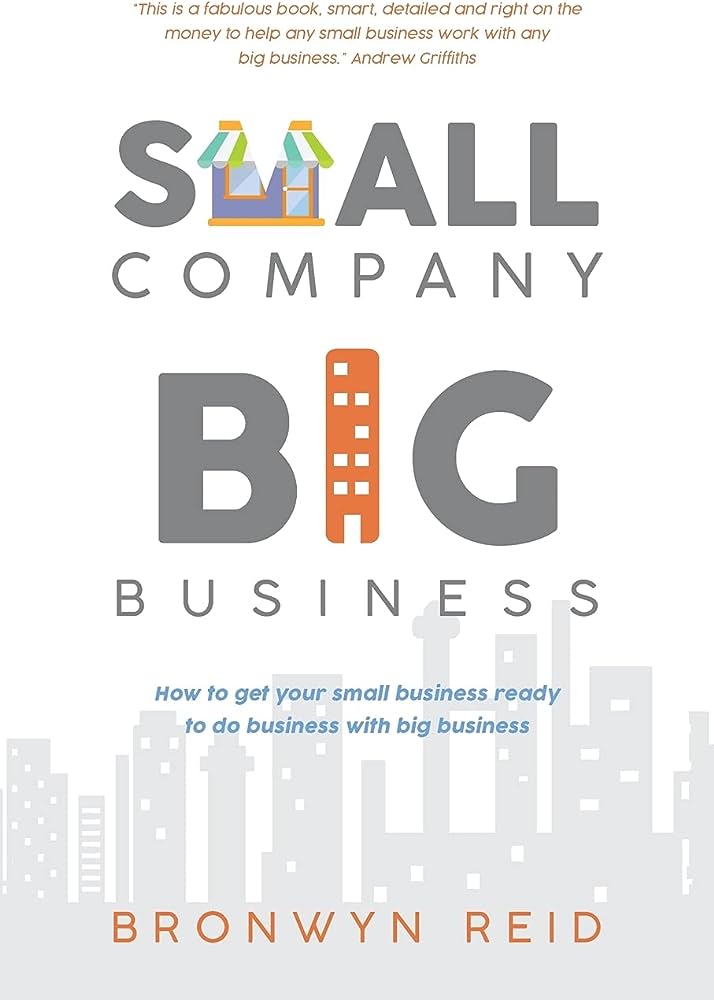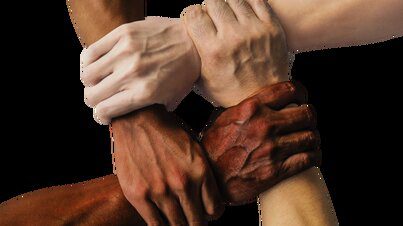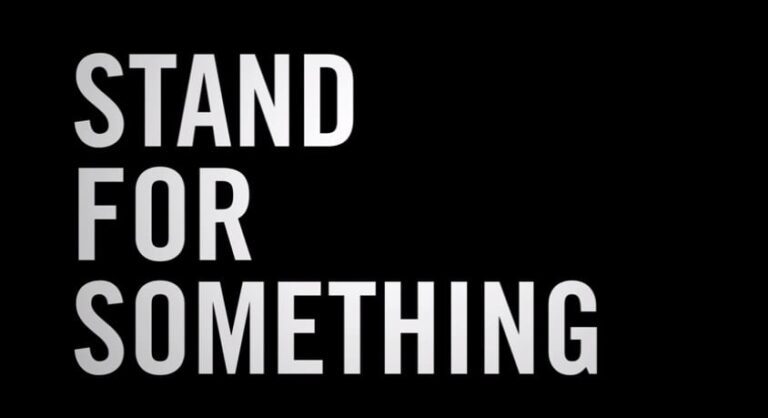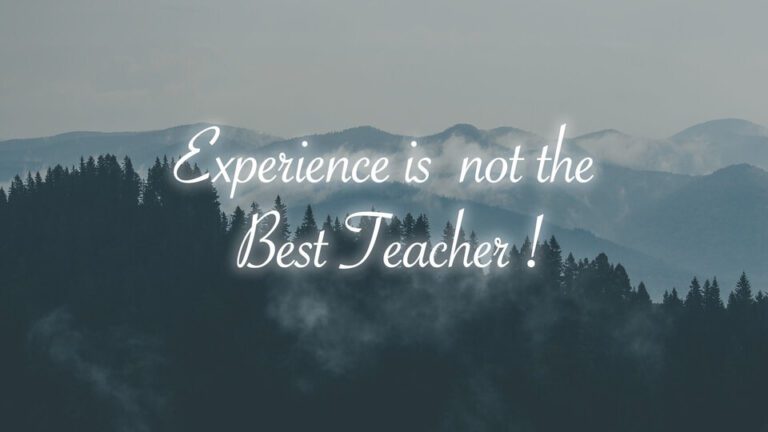Knowing trees, I understand the meaning of patience. Knowing grass, I can appreciate persistence. – Hal Borland
Patience (n.) 1 c. 1200, pacience, “quality of being willing to bear adversities, calm endurance of misfortune, suffering, etc.,” from Old French pacience “patience; sufferance, permission” (12c.) and directly from Latin patientia “the quality of suffering or enduring; submission,” also “indulgence, leniency; humility; submissiveness; submission to lust;” literally “quality of suffering.”
“Have patience with all things, but chiefly have patience with yourself. Do not lose courage in considering your own imperfections, but instantly start remedying them—every day begin the task anew.” – St. Francis de Sales
One of the most essential lessons I have learnt from running multiple marathons is the value of patience and seeing the end in mind. American author and speaker Joyce Meyer said, “Patience is not simply the ability to wait – it’s how we behave while we’re waiting.” We live in a fast-paced world where we want everything at the speed of thought; a webpage loading longer than 3 seconds is considered unacceptable, overnight success is the goal, methodical step-by-step execution is considered boring, waiting for your time is considered slow and delaying gratification is not the norm.
“Patience is not simply the ability to wait – it’s how we behave while we’re waiting.” – Joyce Meyer
